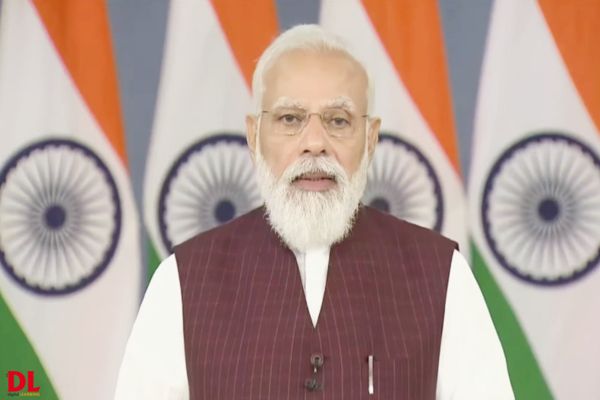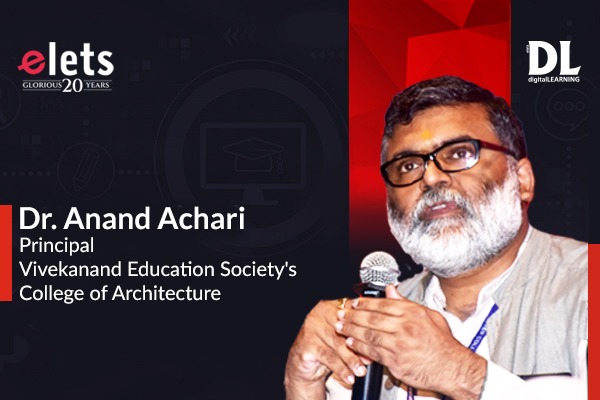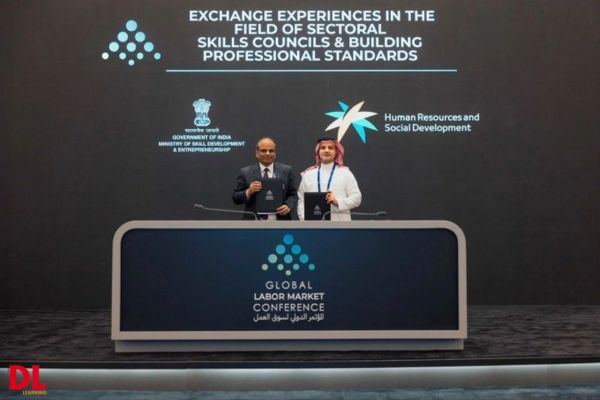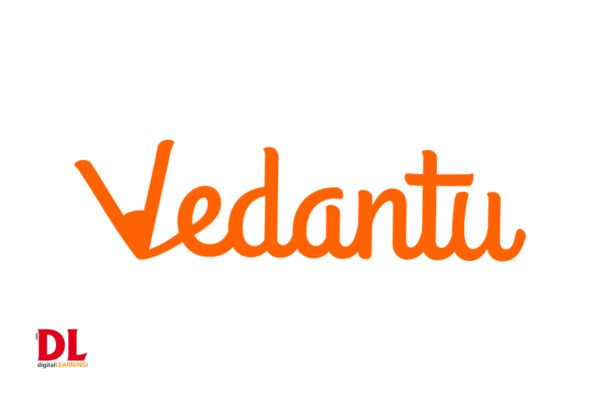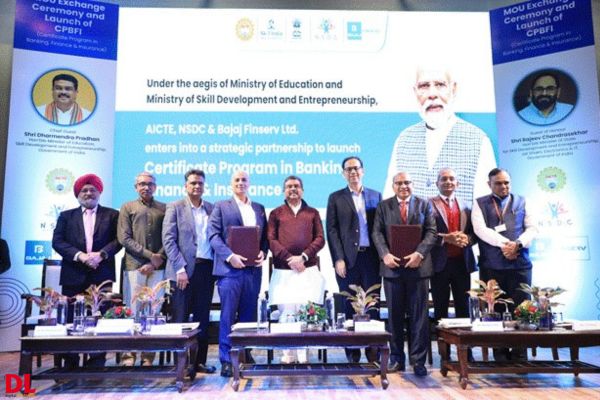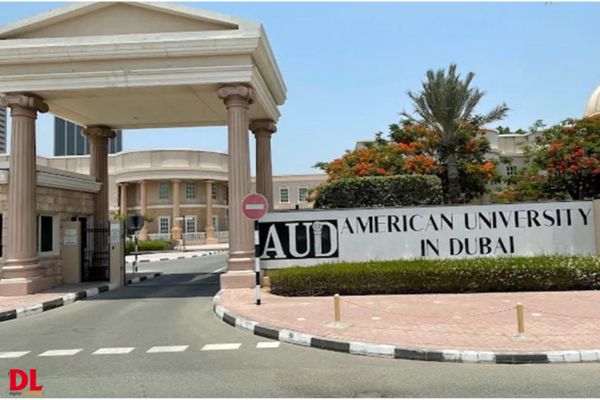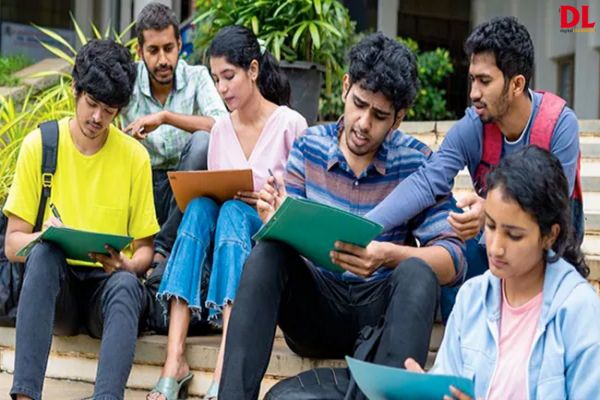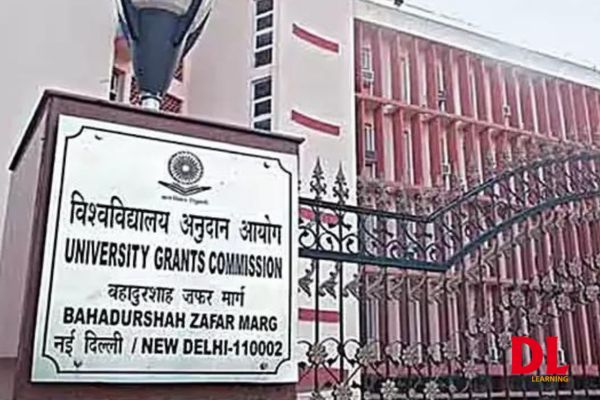Technology is pivotal in architectural education, enhancing learning and preparing students for modern design and construction. It enables advanced 3D modelling, global collaboration, and sustainability integration. Additionally, it empowers students to develop sustainable design practices through digital tools and provides the ability to make data-driven design decisions, shared Dr. Anand Achari, Principal, Vivekanand Education Society’s College of Architecture with Sheeba Chauhan of Elets News Network. Edited excerpts:
How do you envision the future of architectural education, and what steps is your institution taking to adapt to these changes?
We anticipate a shift towards interdisciplinary education, promoting collaboration with fields like engineering, environmental science, and urban planning to comprehensively address future built environment challenges. This approach nurtures a holistic understanding of architecture. We also foresee a stronger focus on sustainable and technologically advanced design, aligning with industry’s environmental commitment and innovation.
VESCOA ((Vivekanand Education College of Architecture) proactively adapts by integrating multidisciplinary coursework, fostering departmental collaborations, and investing in cutting-edge technology. Our emphasis on real-world projects and emerging design methods equips students to be versatile, forward-thinking architects capable of creatively addressing evolving built environment challenges while prioritizing sustainability.
Can you provide an example and elaborate a successful student project you’ve led in your college and how it has helped the students.
One of the design studios was focused on proposing Net zero energy, Net zero water, and Net zero carbon emission building to mitigate the impact of climate change. The students were trained to develop an evidence-based solution that is also financially viable. They implemented various active and passive cooling systems, structural systems, drainage and plumbing systems, fire safety, lighting and acoustics etc to achieve the best practices in the industry. The technology and digital tools played a vital role in this project.
The students could develop 3D BIM models to visualise their design, and to prepare bills of quantities automatically. They also evaluated their and validated their concepts through advanced building energy simulation, Natural ventilation CFD simulation & Daylight Simulation using software tools such as Design Builder and Ladybug tools. The students also illustrated and presented their proposal using various 3D walkthrough rendering, and audio-visual animations. The students gained exposure to the latest tools and technologies available in the market, and feel confident to serve society as professionals in the near future.
What role does technology play in architectural education, and how is your institution keeping pace with technological advancements?
Technology is pivotal in architectural education, enhancing learning and preparing students for modern design and construction. It enables advanced 3D modelling, global collaboration, and sustainability integration. Additionally, it empowers students to develop sustainable design practices through digital tools and provides the ability to make data-driven design decisions. By integrating technology, architectural education keeps students aligned with industry advancements and equips them with the skills needed to thrive in a rapidly evolving field.
VESCOA (Vivekanand Education College of Architecture) leads in tech adoption, updating curricula with cutting-edge software, supporting faculty training, and fostering industry partnerships. The institution maintains a top-notch infrastructure and encourages student research into emerging technologies. This commitment ensures VESCOA’s graduates are well-equipped to thrive in a dynamic architectural landscape.
How do you plan to engage with students and create a student-centered learning environment that supports their academic and personal growth?
At VESCOA, our commitment to a student-centered learning environment is paramount. We plan to engage with students through various strategies. Our approach includes maintaining small class sizes and accessible faculty to encourage personalized interactions, enabling students to seek guidance and build strong mentor-student relationships. We aim to create a dynamic curriculum that combines theoretical knowledge with hands-on experiences, internships, and practical projects, enhancing problem-solving skills and industry readiness. We also prioritize mental health and well-being, fostering a supportive ecosystem for personal development. Additionally, we encourage engagement in research, competitions, and community service, promoting a sense of responsibility and social consciousness. VESCOA strives to create a nurturing and student-centric environment that empowers students to excel academically and develop as well-rounded individuals.
Architecture is a field that requires hands-on learning. How would you balance theoretical knowledge with practical experience in the curriculum?
Balancing theoretical knowledge with practical experience is pivotal in architectural education. At VESCOA, we’ve crafted a curriculum that seamlessly integrates theory and practice. While theoretical knowledge forms a strong foundation in architectural principles, history, and contemporary trends, we emphasize design theory, environmental sustainability, and structural engineering. However, we equally prioritize hands-on learning.
Our curriculum includes integrated design studios, site visits, and internships with renowned architectural firms, bridging the gap between theory and practice. These experiences empower our students to apply their knowledge to real-world projects, fostering problem-solving, critical thinking, and creativity – essential skills for future architects.
How do you envision staying updated with the latest trends and advancements in the field of architecture and incorporating them into the curriculum?
Our commitment to staying abreast of the latest trends and advancements in architecture is a dynamic process at VESCOA. We foster strong industry connections, collaborating with professionals and organizations to gain real-time insights. Our faculty actively participates in conferences, workshops, and research, ensuring their knowledge remains current and relevant. We encourage student involvement in competitions and industry events to expose them to emerging ideas.
Additionally, partnerships with leading architectural institutions and organizations provide our students with access to the most recent resources and tools. By maintaining this robust feedback loop with professionals, prioritizing faculty development, and engaging with the industry and academic communities, ensures our curriculum is continuously informed and aligned with the latest trends and advancements in the architectural field, preparing our students for a competitive and ever-evolving profession.






